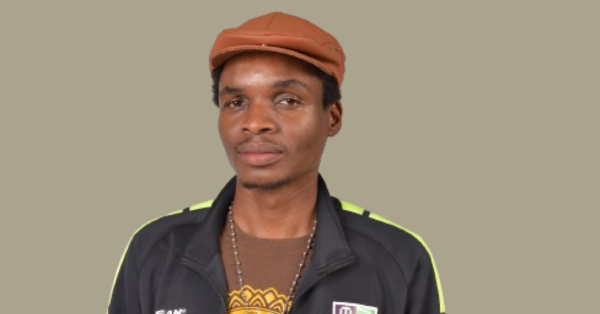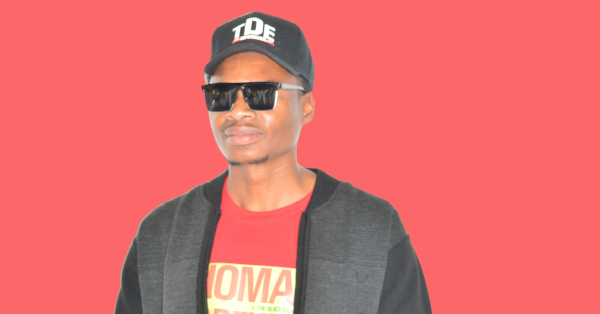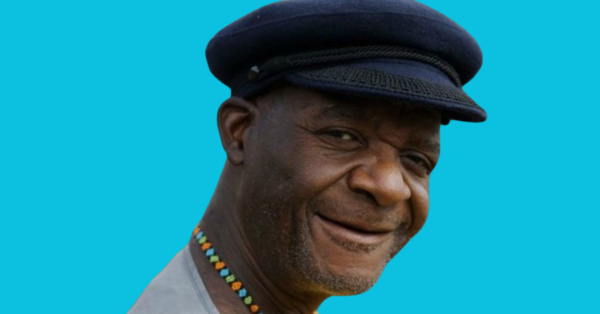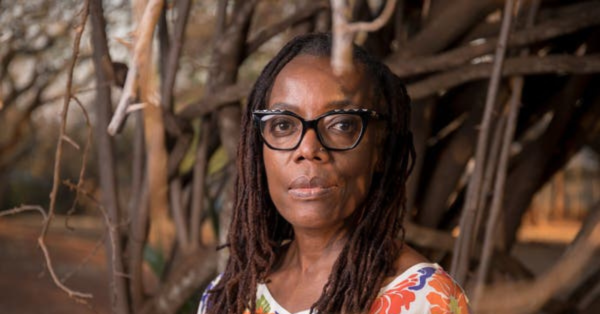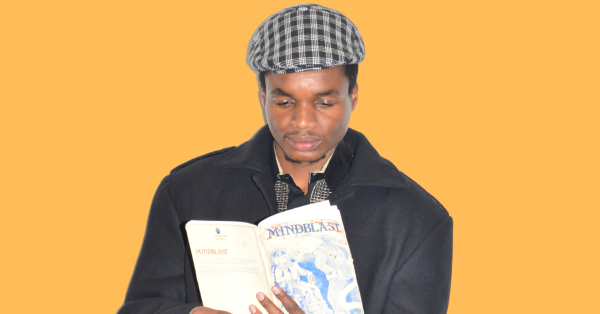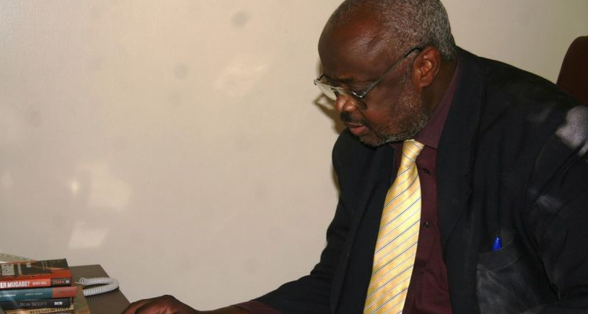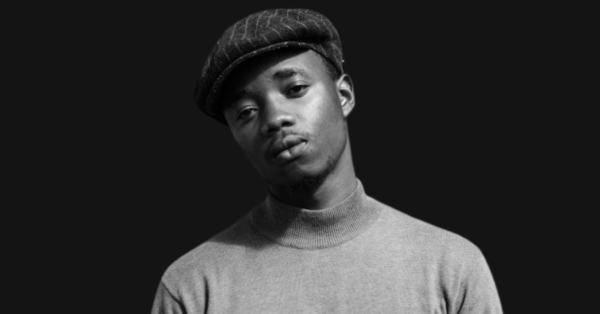Early hours, when sun and song awaken the privileged to earth’s delights, and mellow vistas spread out, leaders may be surprised to know what it takes to endure life away from their vastly diverting luxuries. For then everyone must head away from the impartiality of dreams, each to a familiar course, to consolidate privilege or to gasp for survival in the politically commissioned inferno of poverty. The suffering of the people is a preferred topic when leaders need to stack up their audience ratings, and the political calendar makes it convenient to feign alliance with the masses, but often that is all that it is – an election device.
Any other day, poverty is the default address of the povo.
Poverty stretches the circuit in blogosphere, civic activism and scholarship, sometimes the fad of the hour, sometimes the goose that lays donor cheques, but seldom from a position of observable attachment.
Great literature was the social engine where the artist met the wretched of the continent in the body and soul of their tribulations. Across the generations, the megastars of literature were acquainted with the alternate moods of society’s most vulnerable, with suffering, love and compassion, the materials for great writing.
The memorable stories of literature merit immortality for their life-like engagement with the base of the pyramid.
In our day, instalments from seminars, courses and competitions have become the frontispiece of our literature, trimmed to conventional templates.
I have complained not only of the slick tomes trending with so little apparent that can be appropriated for life.
What is presented as the freedom of the artist is sometimes the subservience of the artist to the pressures of the time, to the pressures of the market.
But the greatest stories are still notes of courage to propel the deprived out of the slough of despondency.
Times when the mood of a place bears down a permanent place in memory, when the weight of history is perceptible in an idea but poverty spreads hurdles all the way, literature of lifelike import, locates the rungs of courage to destiny.
In Africa, the new elites have heard it all before. Regrettably because they do not want to keep hearing it. They want new stories, any stories.
Their ears now tingle with endless discussions of poverty, inequality and economic injustice, which yield nothing but a dent to the continent’s image, and they have bundled these into that anathema called “stereotypes” about Africa.
I have been wondering lately if the categorisation as stereotypes of problems equal to life and death is not an implement in the hands of the privileged.
The search-friendly subject matter displacing suffering out of the public square amounts, for me, to foreclosure of discussion of socially significant problems.
Where poverty is the difference between life and death, and power struggles stake an inordinate claim on civilian lives, and ministers, CEOs and town clerks fare sumptuously like Arab oil barons while workers are begrudged even their paltry stipends, and boats capsize youths fleeing scorched countries into a roaring Mediterranean, artists must forget that they ever heard about stereotypes.
The writer who would be a moral agent, as Noam Chomsky says, must bring truth about matters of human significance to an audience that can do something about them. Anything else is a comfortable profession.
The artist who would be a moral agent must antagonise the “small, selfish, money-minded, reactionary minority among vast masses of exploited and oppressed” described by Kwame Nkrumah because its narrow interests oil the industry of human suffering.
Posh words must qualify their inclusion into lexicon of the children of tribulation because, as the Wailers capture it, “who feels it knows it”.
Africans writing in offshore luxuries cannot see this. They are entitled to their stories but must remember not to muzzle those who write what they see and hear.
Niyi Osundare, that prophet for the least of the negligible, laments a new economic order where corruption has become “the fastest-growing industry.”
“How did we come to lose our sense of shame after losing our sense of propriety and proportion? How did we come to develop a skin that is so thick that no arrows of degradation, no needles of dehumanisation are ever sharp and violent enough to penetrate our bodies and rouse our senses?
“How did our nerves slide into their present state of stupor? How did we slide into this present state of dysconsciousness,” asks the poet.
These are questions for the artist in a continent where the rich are not necessarily the brightest but often the darkest minds, where poor are not primarily slow of thrift but the creation of capitalist apparatus which run on the under-rewarded labour of the desperate.
The writer has no business being intellectually useful to systems that privilege wafer-thin minorities and deprive the people because a writer detached from the people is a private diarist. Pulp prose often claims immediacy but seldom durability.
Where the writing curriculum answers every question, but life questions every answer, the writer must be inquisitive.
Where the few born on piles of gold consolidate privilege by depriving the rest of breath, the writer must be a fighter.
It is fashionable to invoke high prose such as nationalism and Pan-Africanism to the inadvertent defence of the privileged. But Kwayana urgently observes: “Pan-Africanism will have validity only if it seeks to solve the fundamental problems of social injustice among Africans and supports every human community in its efforts for justice, freedom and development.”
Ngugi waThiongo’s insistence on the artist’s obligation to tear into the less palatable aspects of his or her society is pertinent.
“Certain people in Ilmorog told me that this story was too disgraceful, too shameful that it should be concealed in the depths of everlasting darkness,” Gikaandi Player opens for us Devil on the Cross.
“I asked them: ‘How can we cover up pits in our courtyards with twigs, saying to ourselves that because our eyes cannot now see the holes, our children can now prance about the yard as they like?’”
“Happy is the man who is able to discern the pitfalls in his path for he can avoid them. Happy is the traveller who is able to see the stumps in his ways, for he can pull them up or walk around them so that they do not make him stumble,” Gikaandi Player argues.
Quite clearly, one class’ stereotype is another class’ tribulation, and the young writer nodding to the “curriculum” in the six-star setting of the writing seminar, detached from the people everyday struggle for breath, cannot see this.
The red flag against stereotypes originally waved our aversion to self-abasement. But honesty, rather than airbrushed representation, is the programme of change.



